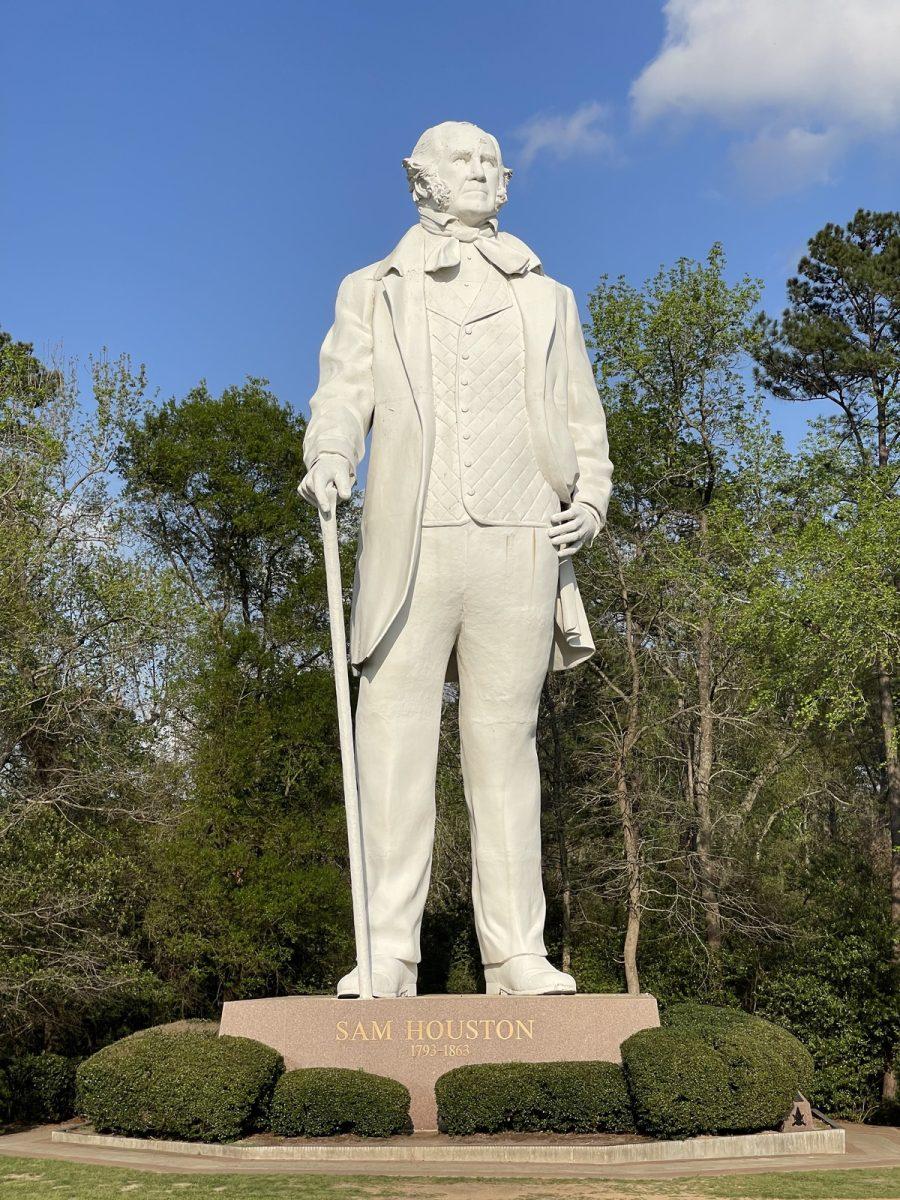On October 12, 1492, Christopher Columbus found the island of Cuba, later sailing to Hispaniola, before returning to Spain with gold, spices and Native Americans (which he called “Indians”). He would make three more voyages before he died, disgraced, fourteen years later for failing to govern the island of Hispaniola and showing Queen Isabella I vast wealth.
But Columbus’ exploration into the Americas marks an accidental (as Columbus intended to find a quicker route to East Asia), yet important part of history. It has been eighty years since Columbus Day become a federal holiday due to lobbying by the Catholic organization “The Knights of Columbus” with the latest observed this past Monday. But the decision to make Columbus Day a federal holiday remains controversial, as several states, like Alaska and Hawaii, have chosen to not observe Columbus Day as a state holiday. Columbus Day remains a Texas state holiday, but a 2014 survey shows only 8 percent of the country consider it one of the most important. Whether or not Columbus Day should continue to be a federal holiday is up for debate, but it is crucial to know why the holiday exists in the first place.
It is true that Columbus did not discover America, as that credit belongs to Leif Erikson around the turn of the millennium. But Leif Eriksson’s exploration had comparatively little effect on the Europeans; after all, Europe was not colonizing America until 500 years later. Columbus’s ill-fated journeys to the America, on the other hand, is arguably the most significant event of the last 600 years. Columbus and his crew setting their feet on unexplored land was responsible for the Columbian Exchange, an exchange of food, disease, animals, and plants between the new world and Europe. The fallout of Columbus’s expedition resulted in the fall of many Native American civilizations, such as the Aztecs and Incas, and why Caucasians and Hispanics now lead most of the countries in the Americas. For better and worse, we must remember Columbus’ place in history.
A common critique against Columbus Day is that the holiday celebrates a man who was indirectly responsible for annihilating many Native American tribes and civilizations by genocides, disease (that the Europeans were not aware of), and slavery. These critiques are valid, and it would be unwise to see Columbus as the benign, Christ-like person that Washington Irving portrays him as in his 1828 biography. At the same time, remember that Columbus lived and died over 500 years ago. The culture of the society would be unrecognizable, especially since no one alive has seen him. This leads to a different viewpoint on society and on life. How can we fairly impose our current moral standards on a man dead long before any of us were born? Centuries old historical figures will inevitably fall short of current moral expectations. By this logic, Abraham Lincoln should also not be inspirational since he was a racist who believed blacks were inferior to whites and should move to Africa or Central America. Yet his push for the Emancipation Proclamation and working with abolitionists to abolish slavery with the Thirteenth Amendment makes him a memorable figure among minorities because of how it changed their lives.
We cannot ignore or erase Columbus’ footprint in history. Instead of letting our emotions get the best of us when discussing historical figures who cannot interact with us, we need to see history as it is and remain level-headed when discussing controversial topics. As a controversial figure, it would be wise to tread the topic of Columbus with the highest discretion.





